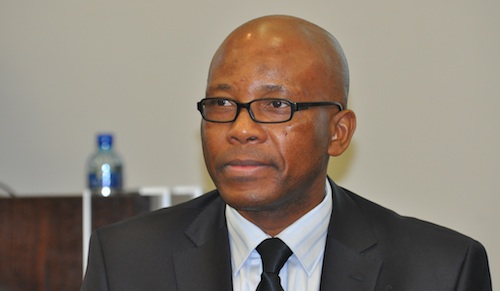
The department of trade & industry believes it can generate as much as R40bn of investment into the country through “equity equivalence” deals involving multinational corporations that operate in SA.
Trade & industry revealed the ambitious plan at the unveiling of the first phase of Microsoft’s R475m equity equivalence empowerment deal on Tuesday.
Initially, Microsoft is investing in four black-owned small and medium enterprises as part of the programme. The company is precluded from selling equity in its SA operation and has worked close with trade & industry to craft an equity equivalence deal that should boost its empowerment rating from a level four to a level two contributor.
According to a trade & industry spokesman, the department is consulting with state-owned enterprises, multinationals and other government departments in an effort to unlock as much as R40bn in inward investment through similar equity equivalence deals with international companies that operate in SA.
The department wants to develop “preapproved programmes” that will allow multinationals to invest in small and medium enterprises and meet government’s black economic empowerment objectives. Microsoft went through an 18-month process with trade & industry to finalise its investment programme, and the department wants to “refine” the process for other multinationals wanting to follow in the footsteps of the US software giant.
“We will be streamlining our processes. This has been a new thing for everyone,” says trade & industry acting director-general Sipho Zikode.
In the first phase of its investment, Microsoft will be assisting four companies — Pietermartizburg-based Chillisoft, Cape Town-based Maxxor, Durban-based Home Grown Integrations and BUI from Johannesburg — by providing them with financial, managerial and technical support and skills development.
Microsoft plans to invest 4% of its annual revenue over seven years as part of the programme. It will not take an equity stake in the companies it is investing in and will assist the companies to develop solutions that can be sold internationally.
“There is no intention from our side to take an interest or shares in any of these companies,” says Microsoft SA MD Mteto Nyati. “We will be supporting them for the next seven years to become large, global enterprises. We hope they will also develop some of their solutions on Microsoft platforms, so there is an indirect benefit, but the primary reason is help these companies become large, global companies.”
Microsoft has agreed with trade & industry to invest in a minimum of five companies. Nyati says the company will invest in up to 10 businesses in total, with a second request for proposals to be issued later this year.
More than 600 companies applied to the first request for proposals, of which 300 met Microsoft’s initial investment criteria. — Duncan McLeod, TechCentral
- Subscribe to our free daily newsletter
- Follow us on Twitter or on Facebook




